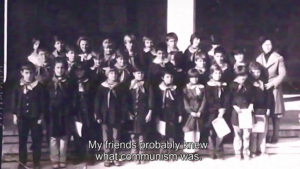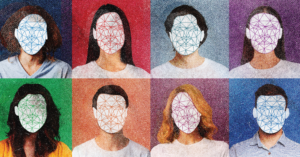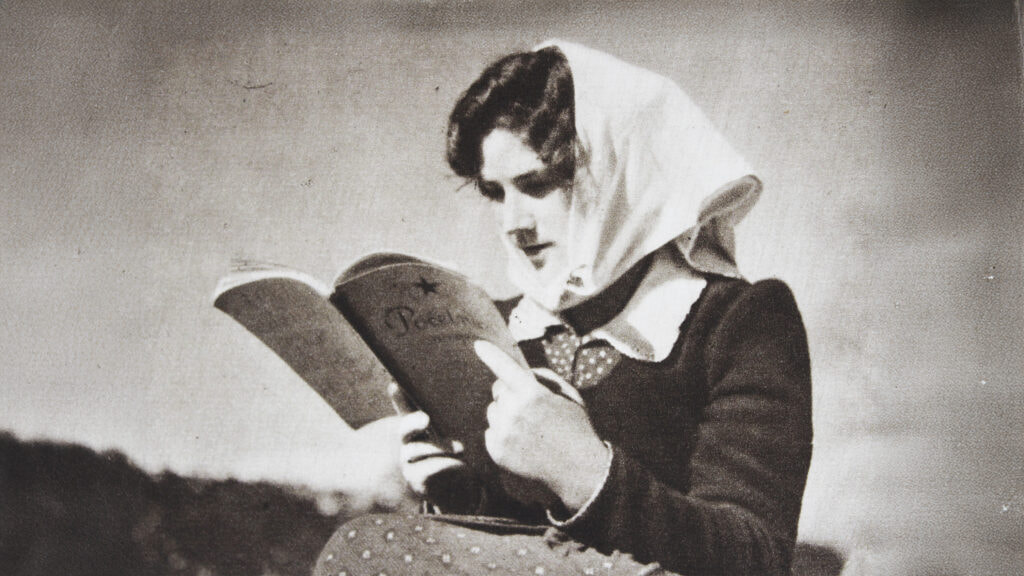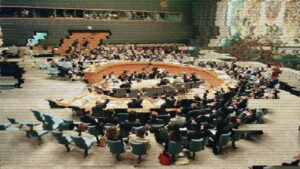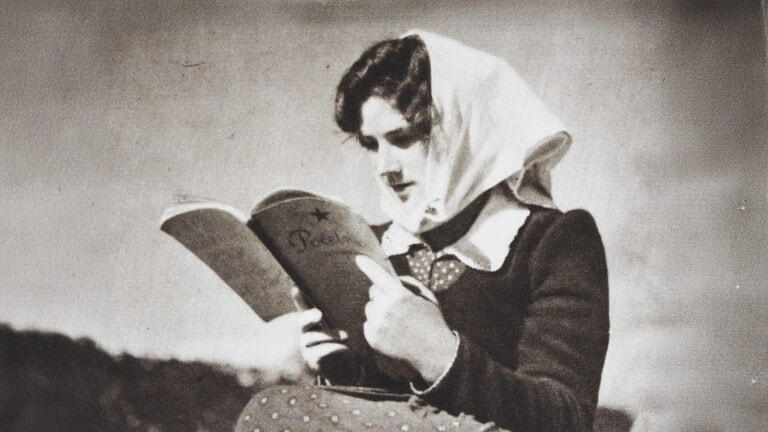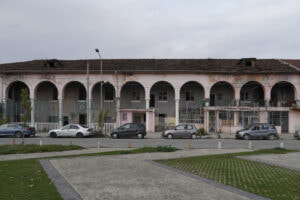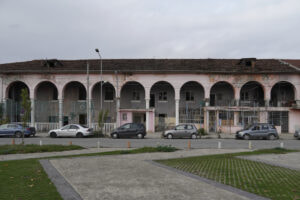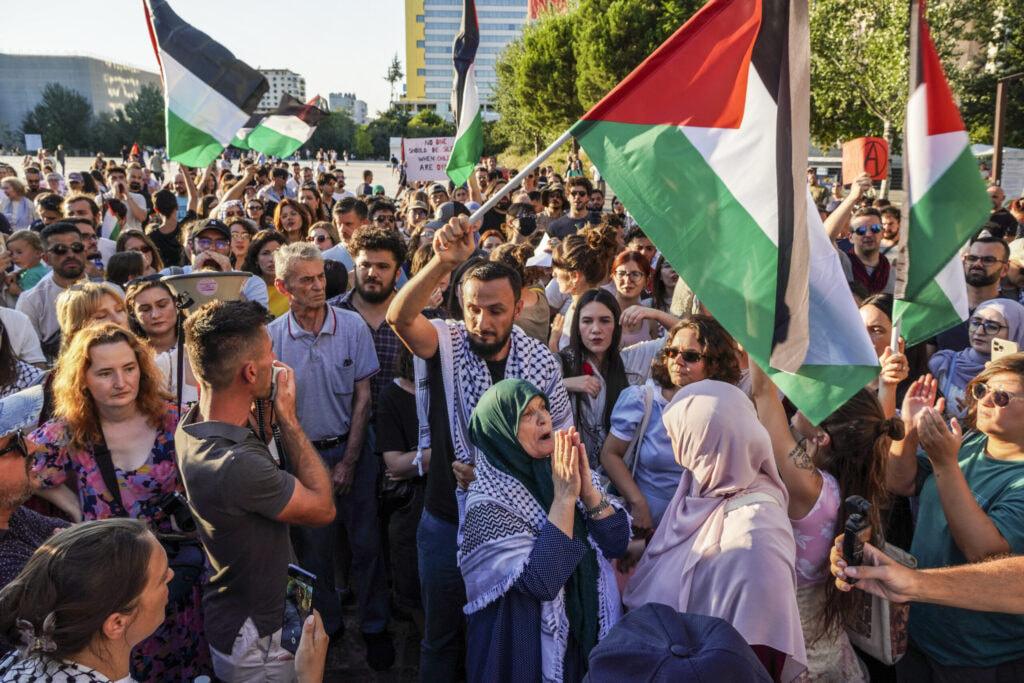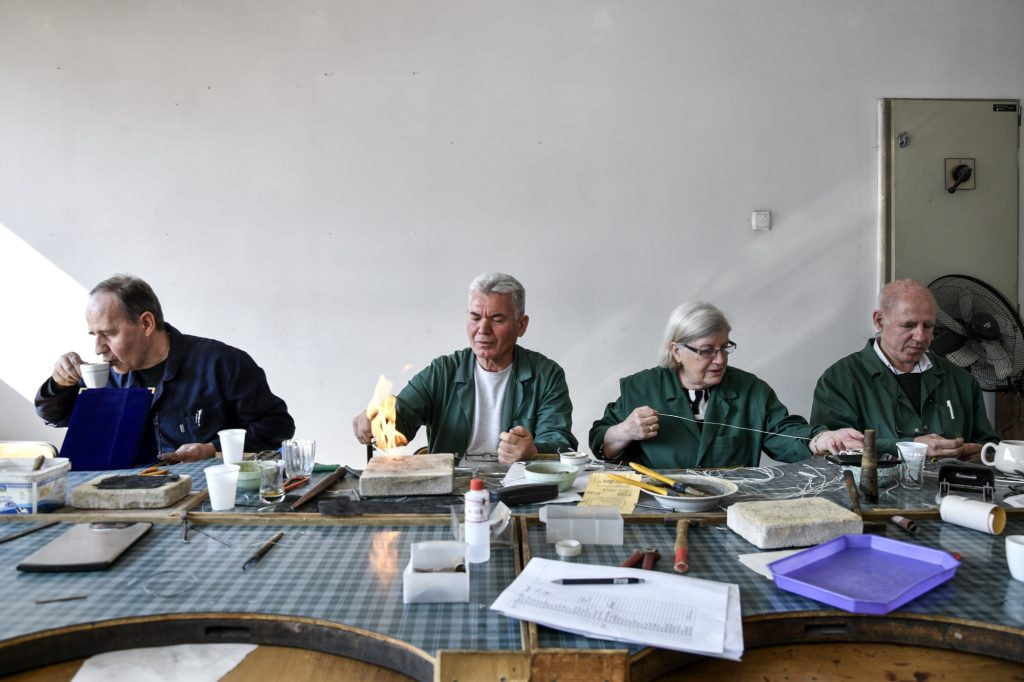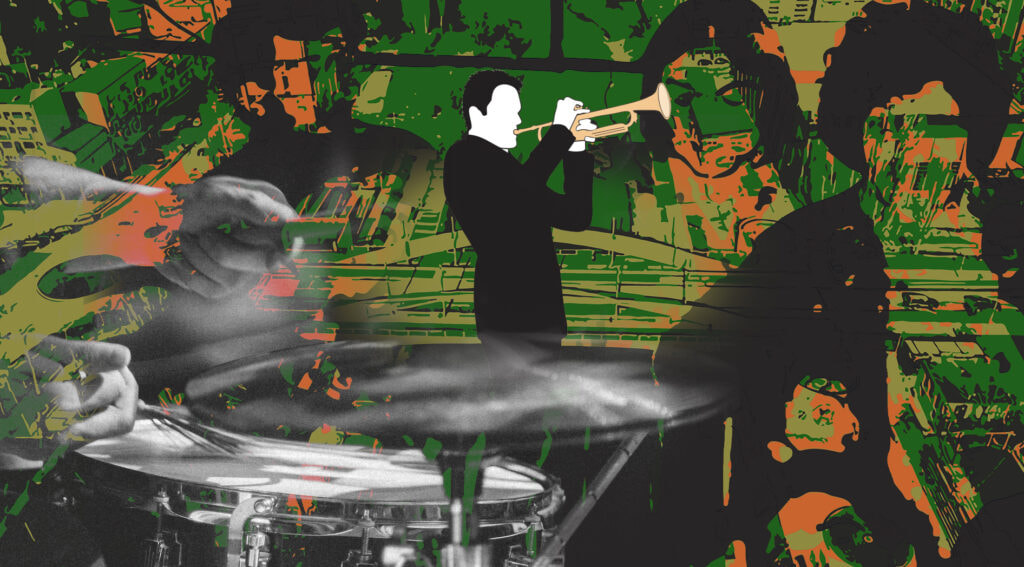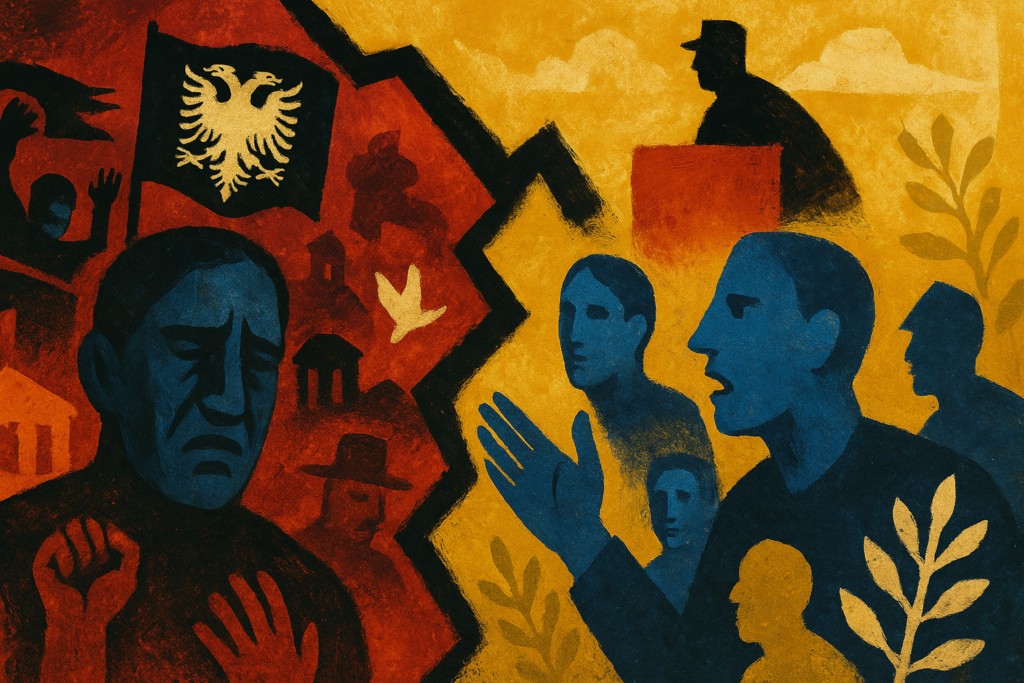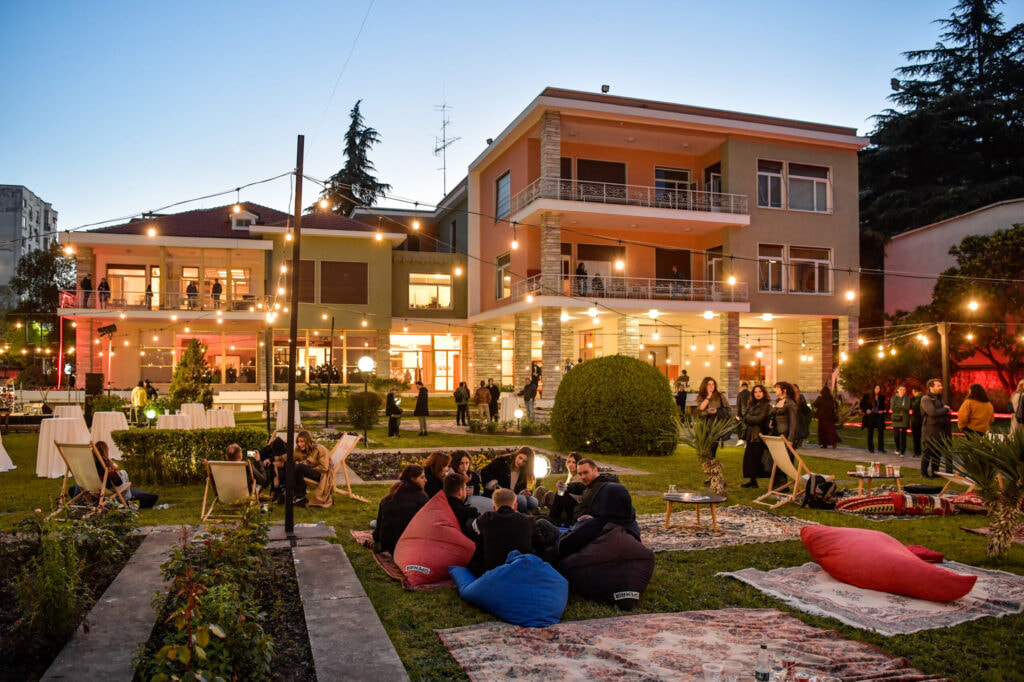
The elections are over, it's time to move on
VV now has the opportunity to translate its electoral mandate into institutional stability.
In-depth
More
The elections are over, it's time to move on
VV now has the opportunity to translate its electoral mandate into institutional stability.
Perspectives
More
Coded gender discrimination
Artificial Intelligence reproduces inequalities against women.
Longform
More
Women’s Anti-Fascist Front in Kosovo
Between emancipation and propaganda, and under conditions of survival
Videos
More
Recommended
Women’s Anti-Fascist Front in Kosovo
Between emancipation and propaganda, and under conditions of survival
Photostories
Explore more
Become a member, support our journalism.
At Kosovo 2.0, we strive to be a pillar of independent, high-quality journalism, in an era where it is increasingly challenging to uphold these standards and pursue truth and accountability without fear.
To ensure our continued independence, we are introducing HIVE, our new membership model, which offers those who value our journalism the opportunity to contribute and become part of our mission.




